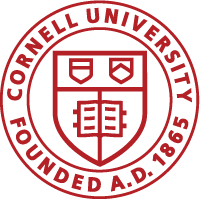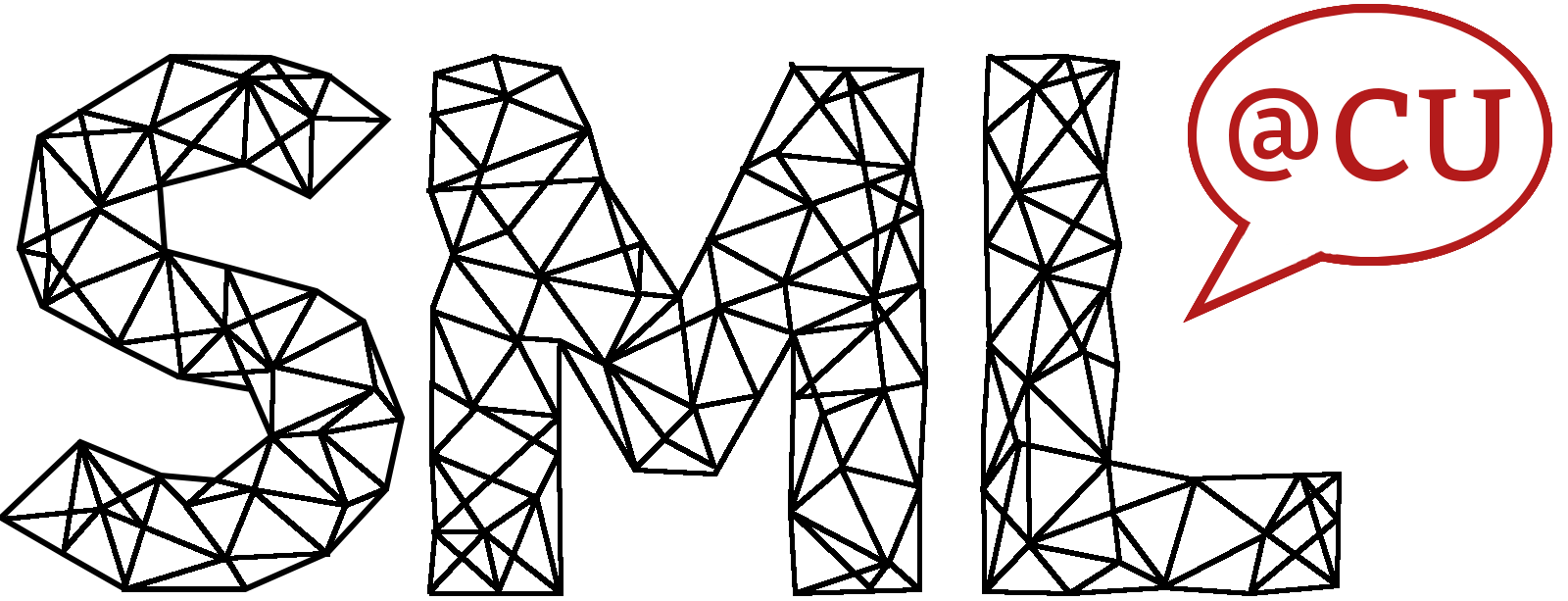This project is an interdisciplinary collaboration that grew out of the Cornell Center for Social Sciences project co-led by Prof. Natalie Bazarova and Prof. Drew Margolin. This project brings together faculty members from Communication, Information Science, and Organizational Behavior, as well as several members of the Social Media Lab, including Aspen Russell, Pengfei Zhao, and Ashley Shea. This is a 4-year project with a multi-tier methodology that involves big data observational studies, mock-up and Truman experiments, simulations, and development of new training modules on TestDrive.
This work seeks to develop a theoretical model for understanding the emergence and maintenance of norms to deter objectionable behavior in self-organized social media spaces where rules are not set by any authority. Objectionable speech, such as misinformation, hate speech, and harassment, is prevalent in these online environments, which raises the question how individuals can foster norms to discourage objectionable speech. Yet while researchers note the influence of social norms within social media and online communities, existing theoretical work on the mechanisms through which such norms emerge focuses on norms promoting cooperation as opposed to norms that deter unwanted contributions. This project will benefit public discourse in online spaces, as well as research and educational outcomes, by: (1) Developing interventions that help citizens become effective objectors to the misinformation, hate speech and harassment they are likely to encounter on social media; (2) Developing a novel research tool for bridging individual and collective experimentation; (3) Providing and disseminating theoretical models of how individual and collective audiences respond to objections to problematic content in different domains, and (4) Raising awareness of the potential for objections, even if well-intentioned, to backfire in particular audience conditions. The result of this research will be a theoretical advancement in the understanding of emergent norms for the deterrence of unwanted behaviors as well as an internally and externally validated multilevel model recommending concrete strategies to be deployed in the real world.



